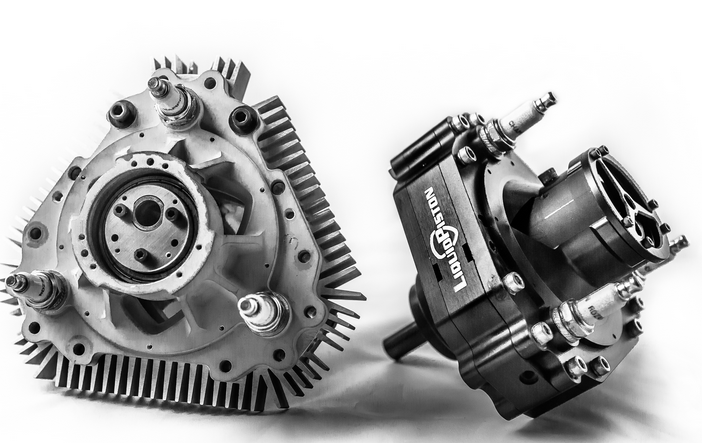LiquidPiston Does DARPA Deal for Fuel-Efficient, Heavy-Fueled Military Engines
 LiquidPiston, a developer of advanced combustion engine technology, has announced that it has entered into an agreement totaling $991,557 with the U.S. Defense Advanced Research Projects Agency (DARPA to advance the development of its highly efficient, power-dense rotary internal combustion engine for portable and small-engine applications.
LiquidPiston, a developer of advanced combustion engine technology, has announced that it has entered into an agreement totaling $991,557 with the U.S. Defense Advanced Research Projects Agency (DARPA to advance the development of its highly efficient, power-dense rotary internal combustion engine for portable and small-engine applications.
Under this agreement, LiquidPiston’s primary objective is to demonstrate a pathway towards a rotary JP-8 fueled engine that has the potential to reduce fuel consumption by 50% and to increase power density by threefold compared to today’s conventional heavy-fuel piston engines.
JP-8, or Jet Propellant 8, is a kerosene-based jet fuel used widely by the U.S. military.
The potential impacts of increasing military engine fuel efficiency are significant:
- Saving lives of soldiers who transport and protect fuel on the front lines and are subject to attack
- Cutting costs in fuel and transportation logistics costs
- Extending mission times by allowing engine-powered equipment, like unmanned air vehicles (UAVs), to operate longer on the same amount of fuel
- Lowering the military’s carbon footprint Additionally, increasing military engine power density could enable lighter, more compact equipment designs, further enhancing operational range and payload capabilities.
Dr. Nikolay Shkolnik, LiquidPiston’s Founder and CTO, and Co-Principal Investigator of this DARPA effort, explained: “Today’s diesel/JP-8 engines and generators are extremely heavy. For example, a typical 3kW heavy-fuel generator weighs over 300 pounds, requiring six people to move it around. LiquidPiston’s engine technology may enable a JP-8 generator of similar output weighing less than 30 pounds that could fit in a backpack.”
Category: Commercial, Engines












